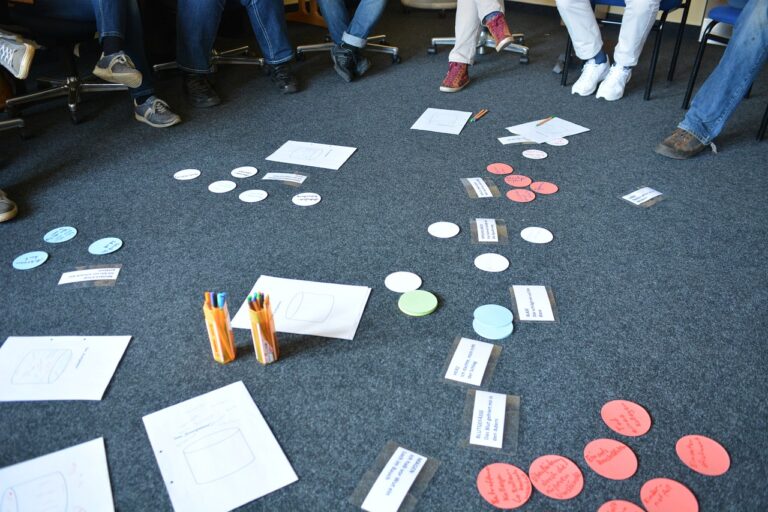Preparing Students for Careers in Tech: A Guide
Pursuing a career in the tech industry can be incredibly rewarding, but it also comes with its fair share of challenges. One common obstacle that students face is the fast-paced nature of the field, with technologies evolving rapidly and new concepts emerging constantly. This necessitates a continuous commitment to staying updated with the latest trends and advancements, which can be overwhelming for some individuals.
Moreover, the competitive nature of the tech sector poses another significant challenge for students. With job opportunities often limited and sought after by numerous qualified candidates, securing a desired position can be a daunting task. This pressure to stand out amongst peers and demonstrate unique skills and abilities can create a sense of stress and anxiety for students aiming to establish themselves in the tech industry.
Importance of Early Exposure to Technology
Introducing children to technology at a young age can have a profound impact on their overall development. Early exposure to technology allows kids to become familiar with digital tools and platforms, which are now integral parts of our daily lives. By getting hands-on experience with devices and software early on, children are better prepared to navigate the digital world with confidence and skill.
Furthermore, early exposure to technology can help cultivate a curiosity and passion for innovation in young minds. When children have the opportunity to explore and experiment with technology from a young age, they are more likely to develop an interest in technical fields such as computer science, engineering, and coding. This early interest can lay the foundation for future academic and career success in the rapidly evolving tech industry.
Developing Technical Skills Through Project-Based Learning
Project-based learning offers a hands-on approach for students to develop their technical skills in a practical setting. By working on real-world projects, students can apply theoretical knowledge to solve complex problems, enhancing their critical thinking and problem-solving abilities. This experiential learning method not only deepens understanding of technical concepts but also fosters creativity and innovation among students.
Through project-based learning, students have the opportunity to collaborate with their peers, improving their communication and teamwork skills. Working in groups on projects allows students to learn from each other, exchange ideas, and leverage each other’s strengths, creating a dynamic learning environment that mimics real-world industry settings. This collaborative aspect of project-based learning not only enhances technical proficiency but also cultivates essential soft skills that are in high demand in today’s tech-driven job market.
What are some common challenges faced by students pursuing tech careers?
Some common challenges include keeping up with rapidly changing technologies, developing strong problem-solving skills, and balancing theoretical knowledge with practical skills.
Why is it important for students to have early exposure to technology?
Early exposure to technology helps students develop an interest in the field, build a strong foundation of technical skills, and increase their chances of success in tech-related careers.
How can project-based learning help students develop technical skills?
Project-based learning allows students to apply theoretical knowledge to real-world projects, enhances critical thinking and problem-solving skills, and fosters collaboration and creativity in a hands-on learning environment.
What are some examples of project-based learning activities for developing technical skills?
Examples include building a website, creating a mobile app, designing a game, developing a software program, or working on a robotics project.
How can educators incorporate project-based learning into their curriculum to help students develop technical skills?
Educators can design hands-on projects that require students to use technical tools and apply their knowledge to solve real-world problems, provide guidance and support throughout the project, and encourage collaboration and creativity among students.





